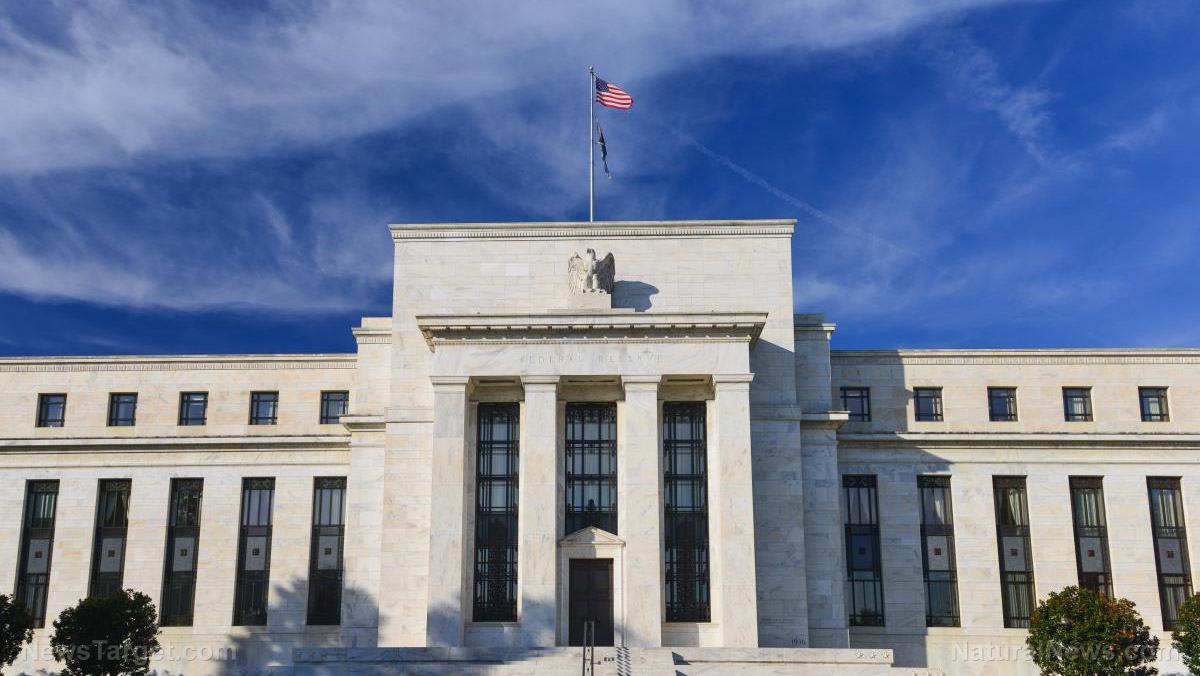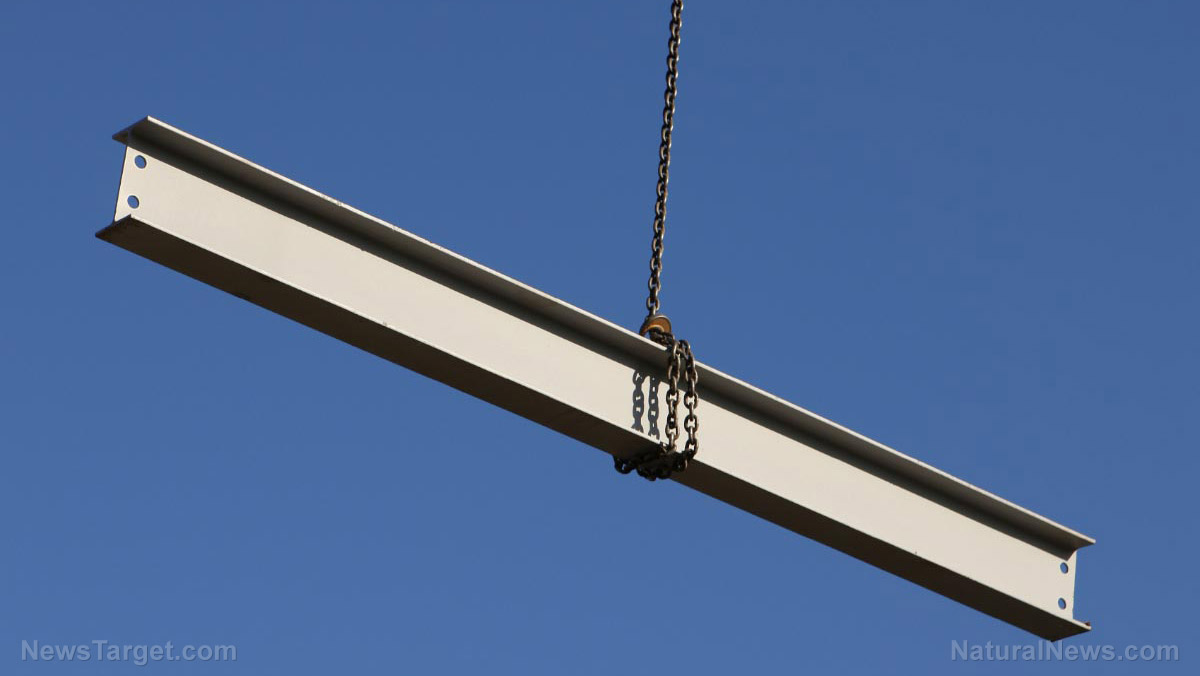Bank of England struggles to meet gold demand as $82B stockpile shifts to New York
01/31/2025 / By Cassie B.

- Traders are moving billions in gold from the Bank of England to New York, fearing potential tariffs under the Trump administration.
- Delivery times from the BoE have surged to 4-8 weeks, causing a gold shortage in London.
- Gold futures prices in New York are trading at a premium, incentivizing shipments and driving COMEX inventories to a 16-month high.
- Concerns grow over the BoE’s ability to meet delivery demands, with fears of a potential default and a collapse of the “paper” gold market.
- Gold prices have risen 5% this year, nearing all-time highs, as market uncertainty intensifies.
Traders and financial institutions are rushing to pull billions of dollars’ worth of gold out of the Bank of England (BoE) and ship it to New York, fearing potential tariffs under the Trump administration. The sudden exodus has created a gold shortage in London, with delivery times from the BoE ballooning from a few days to four to eight weeks, according to industry insiders.
The Financial Times first reported the story, revealing that traders have stockpiled an $82 billion gold reserve in New York since November’s U.S. election. This massive movement of gold has left the BoE struggling to meet demand, raising questions about the central bank’s ability to fulfill its obligations and sparking fears of a potential default.
Gold stockpiling in New York strains London market
The surge in gold shipments to the U.S. has been driven by fears that Trump could impose tariffs on raw materials, including gold. While Trump has not specifically mentioned gold in his trade policy proposals, the uncertainty has been enough to trigger a scramble among traders to protect their investments.
The rush to New York has been further fueled by an arbitrage opportunity, with gold futures prices on the COMEX exchange trading at a premium compared to London’s spot market. This has incentivized traders to move gold across the Atlantic, driving COMEX inventories to 926 metric tons—the highest level since August 2022.
BoE’s gold dilemma: Is a default looming?
The Bank of England, which holds 5,365 metric tons of gold on behalf of third parties, including financial institutions and other central banks, is now facing unprecedented demand for physical delivery. According to the BoE’s December 1, 2024 report, the bank holds the equivalent of 172.5 million ounces of gold. However, industry experts suggest that the BoE may have leased out far more gold than it actually holds, a practice that has long underpinned the “paper” gold market.
“People can’t get their hands on gold because so much has been shipped to New York, and the rest is stuck in the queue,” said one industry executive. “Liquidity in the London market has been diminished.”
The BoE’s refusal to comment on the situation has only deepened concerns. Market players are asking a simple question: If the BoE claims to hold 5,365 metric tons of gold and only 393 tons have been shipped to New York, why is there a four-to-eight-week delay in fulfilling delivery requests?
Market implications
The uncertainty surrounding the BoE’s gold reserves has already impacted the market. Gold prices have risen 5% since the start of the year, hovering just $30 below the all-time high of $2,790 per troy ounce set in October. If the BoE is unable to meet delivery demands, the “paper” gold market—where investors trade gold contracts without taking physical possession—could face a catastrophic collapse.
The gold rush to New York has exposed vulnerabilities in the global gold market, with the Bank of England at the center of the storm. As delivery times stretch to unprecedented lengths and questions about the BoE’s gold reserves grow louder, the situation could have far-reaching implications for investors, traders, and the broader financial system.
For now, the BoE remains tight-lipped, leaving the market to speculate about the true state of its gold reserves.
Sources for this article include:
Submit a correction >>
Tagged Under:
Bank of England, Bubble, Collapse, commodities, currency crash, currency reset, debt bomb, debt collapse, economic riot, finance riot, gold, gold crisis, market crash, money supply, pensions, risk, supply chain
This article may contain statements that reflect the opinion of the author
RECENT NEWS & ARTICLES
COPYRIGHT © 2017 BUBBLE NEWS




















